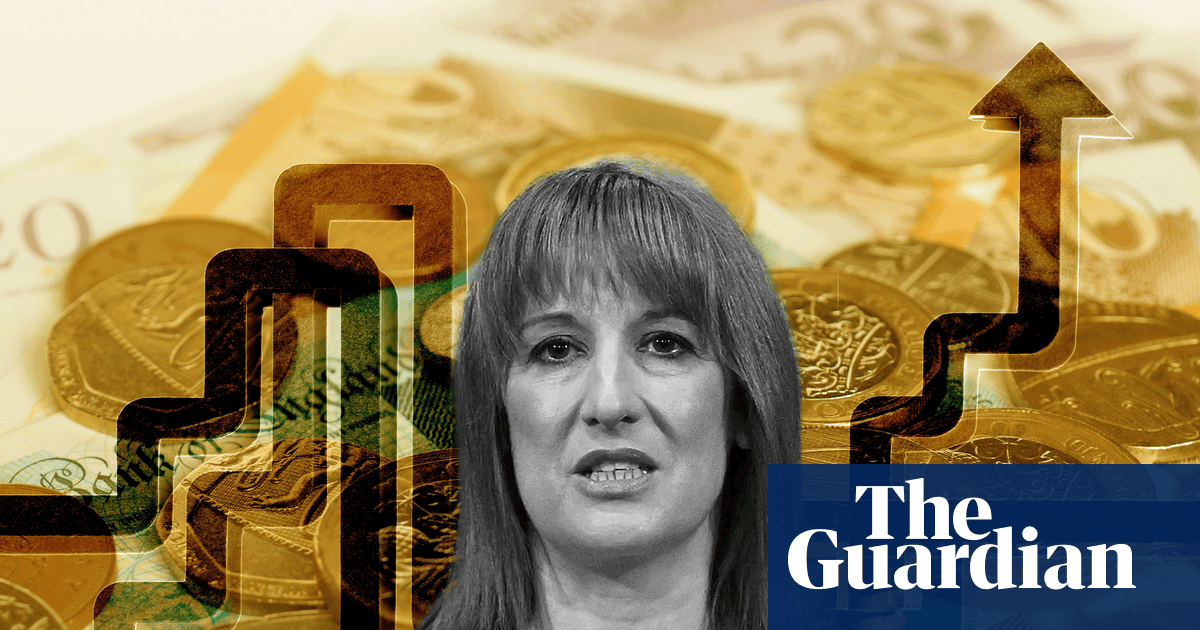
"The chancellor, Rachel Reeves, has announced that income tax thresholds will be frozen until the 2030-31 tax year. Freezing tax thresholds results in fiscal drag a phenomenon where people are dragged into higher tax bands when they get pay rises. Until 2021, the UK income tax thresholds were typically increased each year in line with inflation. When the then chancellor, Rishi Sunak, delivered his budget that year he announced that thresholds would be frozen from April 2022 until 2026."
"Here we explain how the changes work, and you can use our tool to find out how much more tax you will pay over the next five years as a result of the freeze. We have used the OBR's forecasts for inflation and applied them to earnings and thresholds. The final figure is the amount by which your tax bill has effectively increased this year, compared with what it would have been had thresholds been linked to inflation."
Income tax thresholds will be frozen until the 2030-31 tax year, creating fiscal drag that pushes taxpayers into higher rates as wages rise. Thresholds were typically uprated with inflation until 2021 when a previous freeze began and was extended by successive governments. The freeze increases tax liabilities compared with inflation-linked thresholds. Personal allowance remains £12,570 but begins to taper once adjusted income exceeds £100,000, disappearing by £125,140. Basic, higher and additional rates apply to defined bands (£12,571–£50,270 at 20%; £50,271–£125,140 at 40%; above £125,140 at 45%). OBR inflation forecasts were applied to estimate extra tax.
Read at www.theguardian.com
Unable to calculate read time
Collection
[
|
...
]